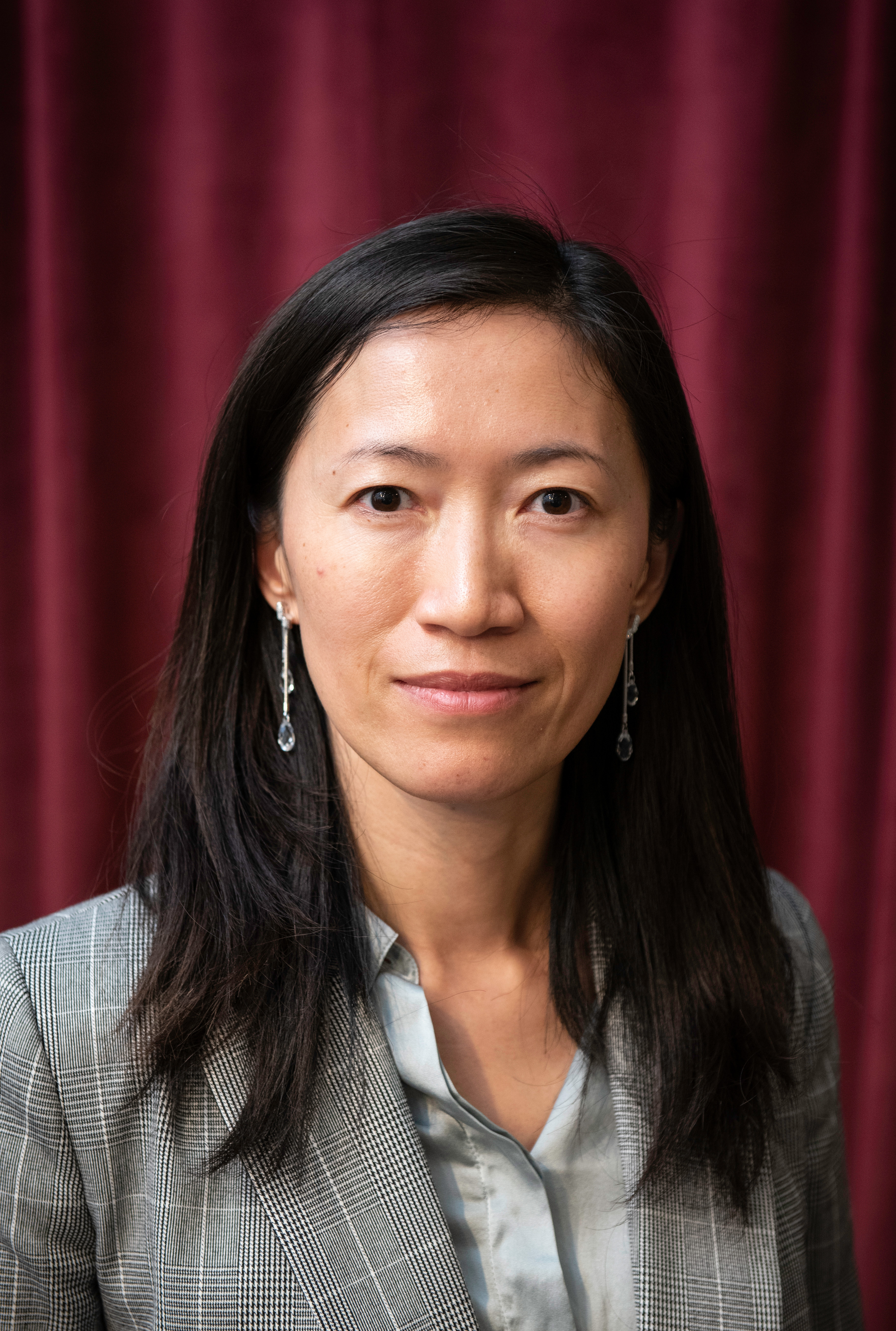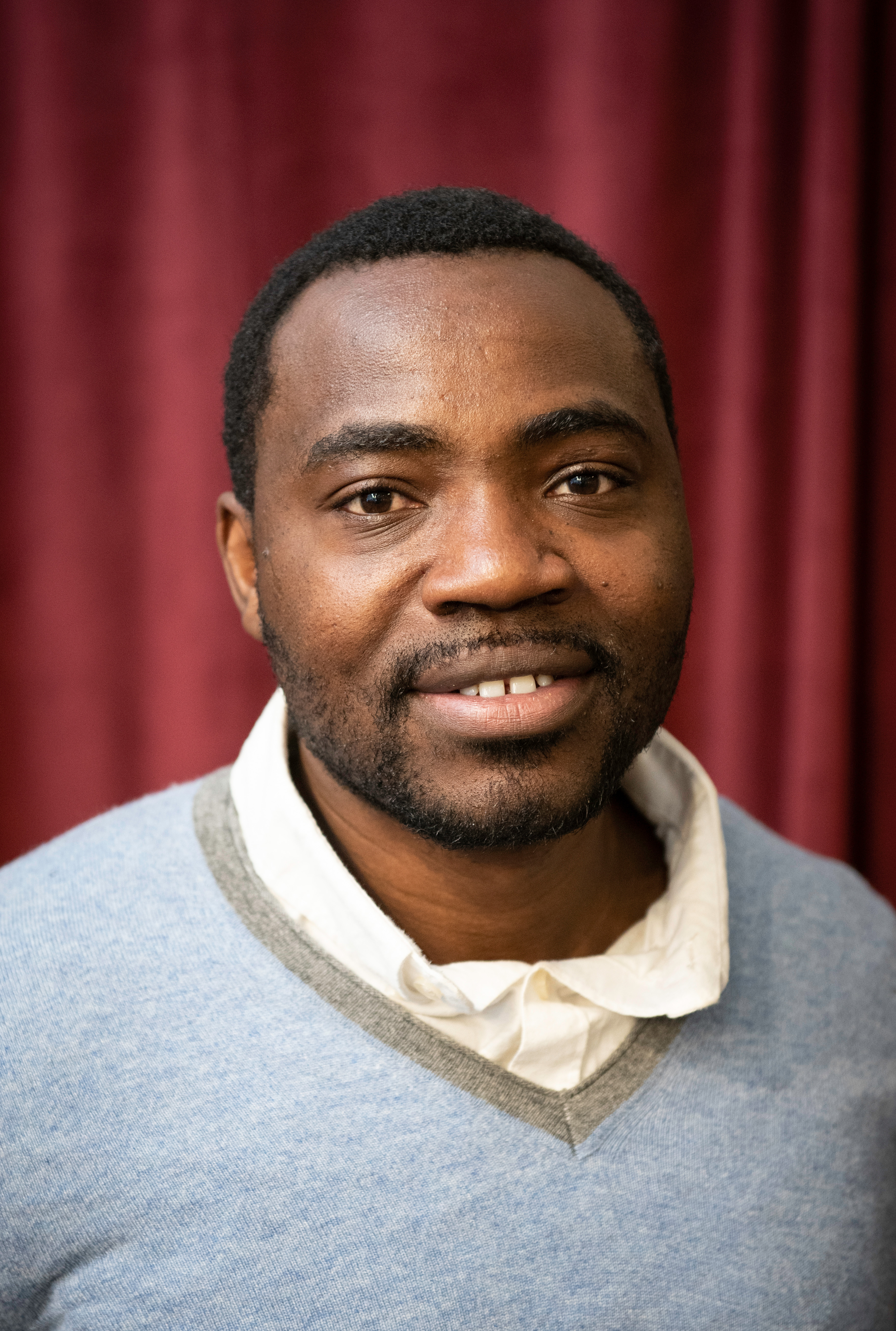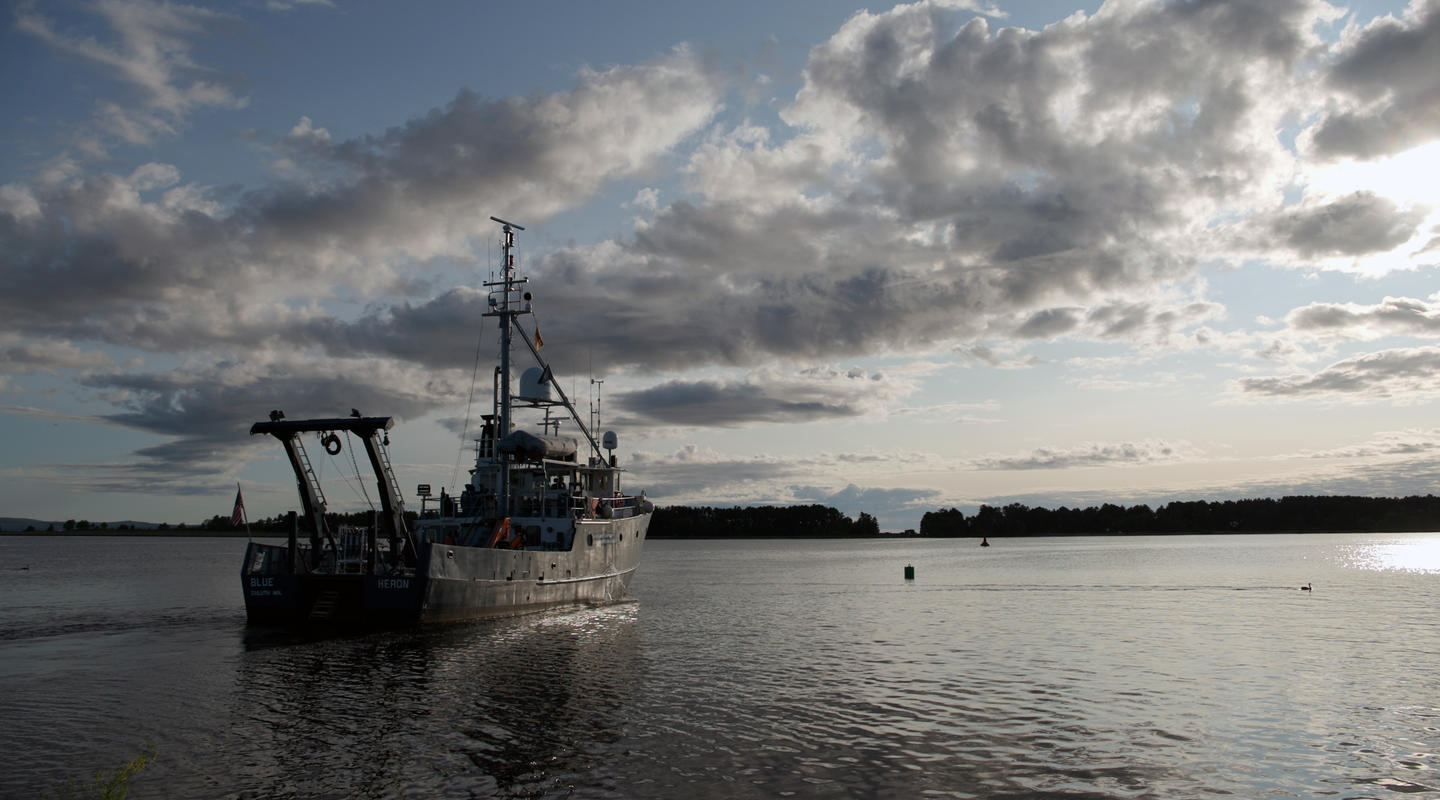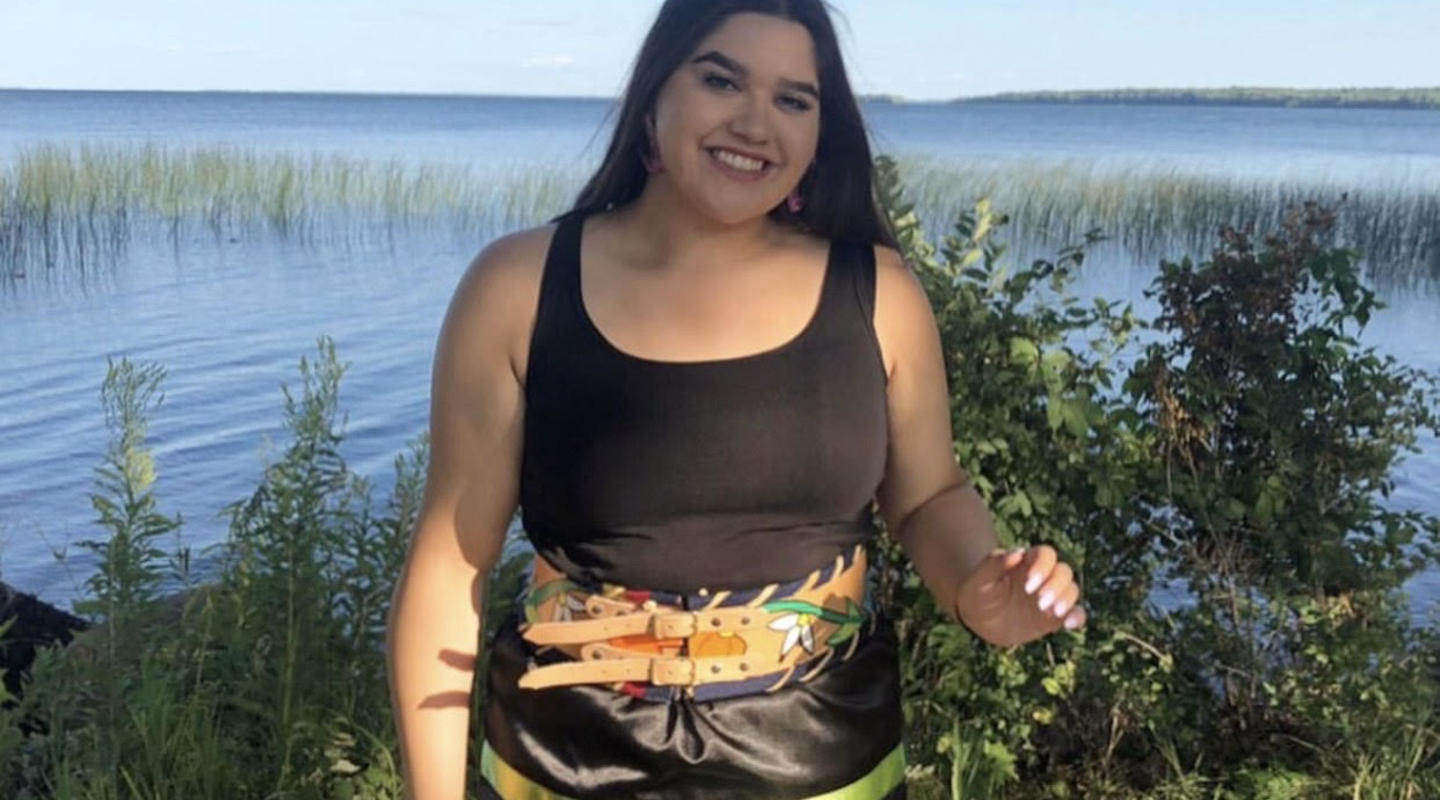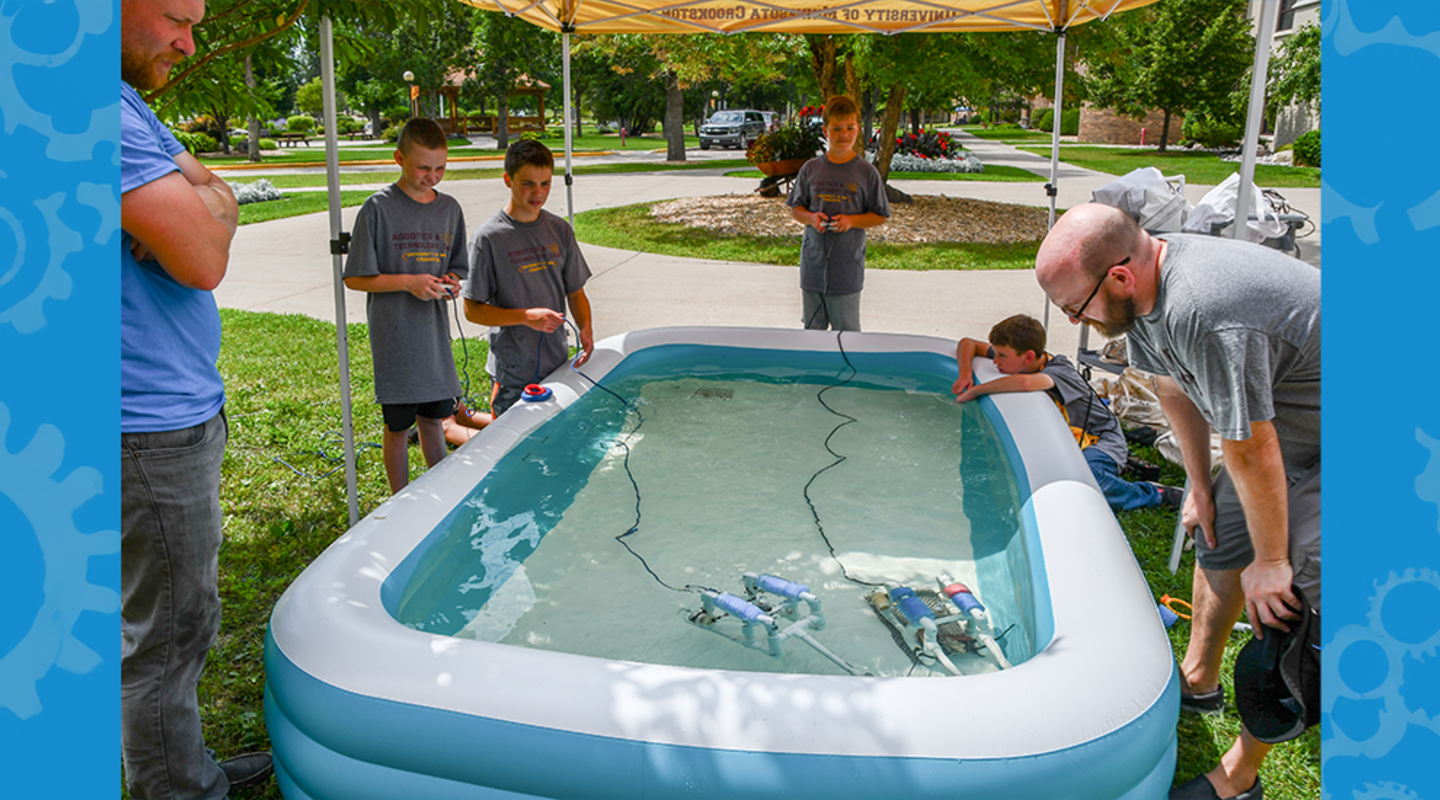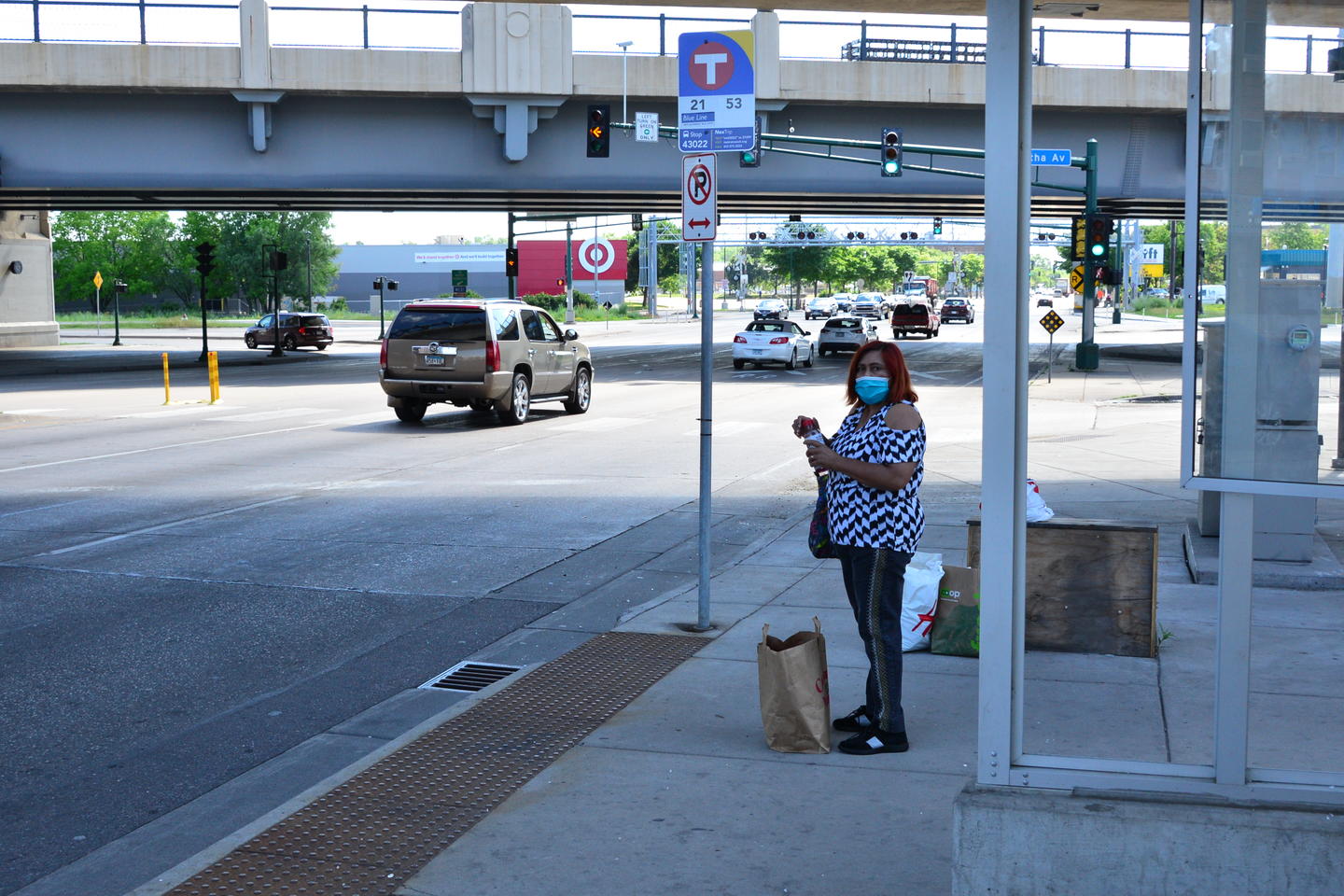
MNDOT
Transportation research is often about numbers. In a recent study, however, University of Minnesota researchers looked beyond the data to hear the transportation experiences of real people from underserved communities in Minnesota.
The project was led by Yingling Fan, a professor in the Humphrey School of Public Affairs and a researcher in the U of M’s Center for Transportation Studies, both of which receive donor funding to make such work happen. It was part of the Minnesota Department of Transportation (MnDOT) Advancing Transportation Equity initiative.
“Our new definition of equity acknowledges that the transportation system and agency decisions have underserved, excluded, harmed, and overburdened some communities,” says Lisa Austin, transportation program supervisor of MnDOT’s Center for Community Connections. “The experiences collected through this research are powerful and often heart-wrenching stories of how it feels when you can’t get to the places you need to go.”
More than getting from here to there
As part of a presentation on the research last spring, Fan described a new way to conceptualize transportation: as a socially constructed entity.
“Transportation manifests the societal structures and cultural assumptions that are constructed by the dominant race or culture,” she says. “Therefore, it’s critical to make the perspective of socially marginalized groups—rather than those of the dominant race or culture—the central axis.”
In many underserved communities, Fan says the embedded power structure in transportation inhibits people from living a good life—whether that means getting to a job, the grocery store, a park, or a spiritual activity. “Our project illustrates the role transportation plays in people’s lives,” she explains.
While asking some Black community members about their transportation experiences, 2023 public policy graduate Samuel Benda saw this reality firsthand.
“Lack of transportation to get to employment was an issue for almost all the participants I spoke with,” he says. “Losing or dropping a job because they couldn’t get there often came at a time in their lives when they really needed a job that pays well.”
For example, a young Black woman Benda interviewed described her experience waiting for the bus after a 16-hour shift in the winter: “I was waiting for the bus and the bus didn’t come for an hour, and it was freezing cold outside and there was snow everywhere, and I was so tired.”
Other underserved communities involved in the study were Hmong Americans, single mothers, immigrants, people living with HIV, and Native Americans. By exploring their experiences, researchers identified shared challenges as well as the unique needs of each community.
For example, while safety—or lack thereof—was a shared experience for these groups, the need to make multiple stops (known as trip chaining) was important for single mothers; driving was important for caregiving and connection in the Hmong community; and access to healthy food was a challenge for White Earth Nation tribal members.
The final research report, Centering the Margins: The Transportation Experience of Underserved Communities, was published in August and includes findings and recommendations for four additional communities: Latine, people living with disabilities, the Fergus Falls (rural) community, and single fathers. Some of the concerns expressed by those groups include limited public transportation, which creates barriers to jobs, housing, food, and spiritual activities; safety on public transportation; and the need to rely on others for transportation and assistance, especially in rural areas and for people who have disabilities.
MnDOT will use the findings and recommendations in its ongoing efforts to advance transportation equity. The findings are already being used in related training, Austin says.
Support the Hubert H. Humphrey School of Public Affairs and the Center for Transportation Studies.
